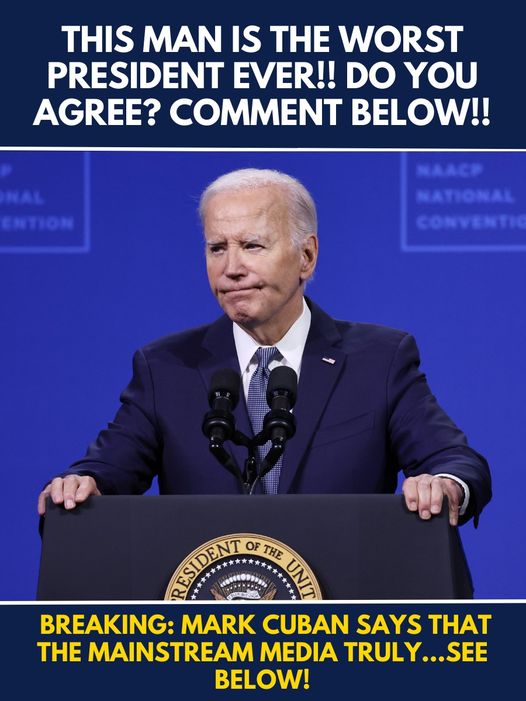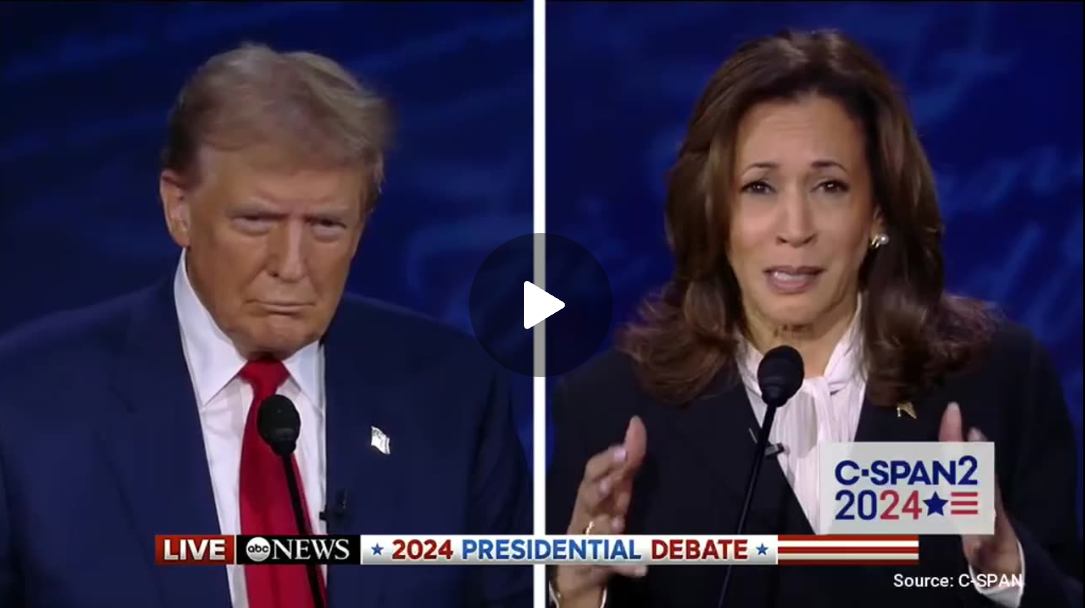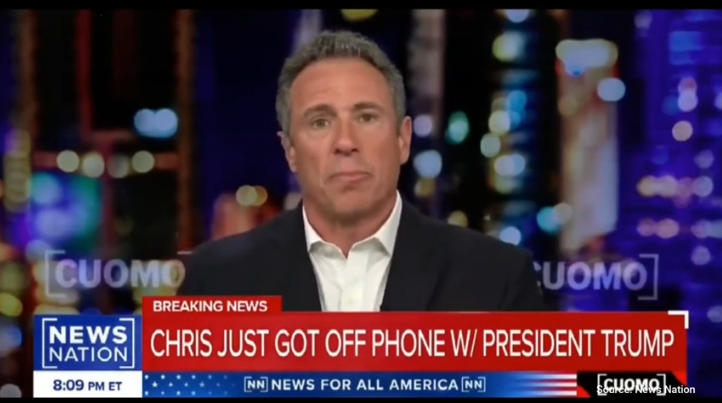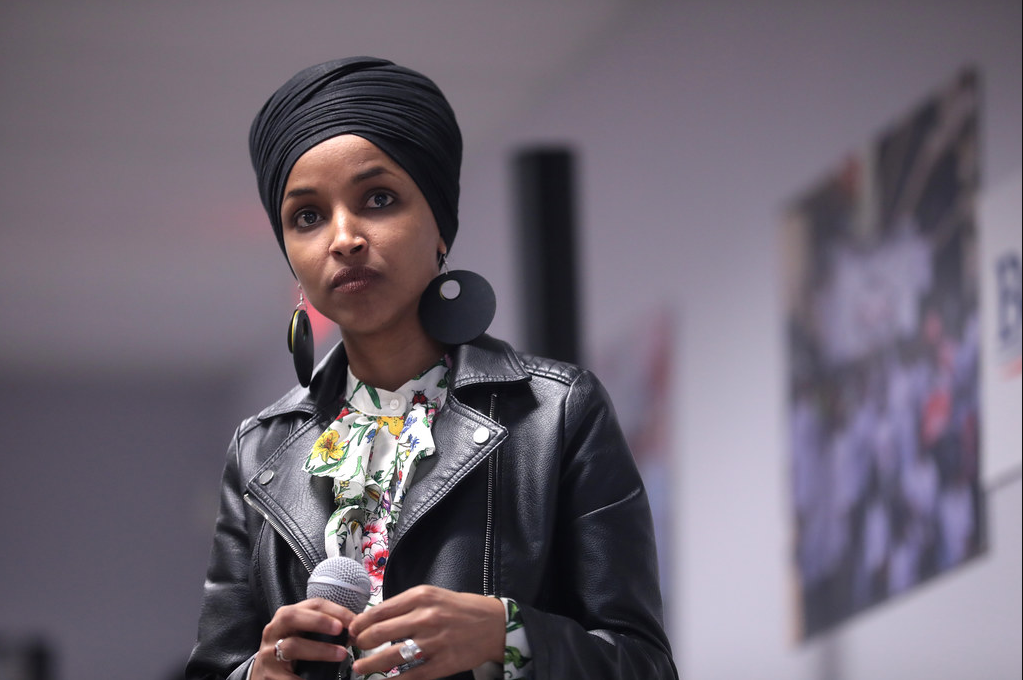Mark Cuban, a notable figure in the business and tech worlds, has thrown a curveball into the mainstream media narrative.
Cuban, not traditionally aligned with conservative viewpoints, recently sparked controversy by asserting that the mainstream media leans to the right, a claim that, at face value, might seem counterintuitive to many people who view these outlets as bastions of liberal bias.
Let’s dive into this provocative claim with the scrutiny it demands
Firstly, when Cuban refers to the media leaning right, he’s not likely talking about the partisan, far-right media that conservatives might seek for an alternative narrative.
Instead, he’s probably referencing what could be seen as the media’s establishment bias, where the center is skewed right due to its alignment with corporate interests, which traditionally favor conservative economic policies.
This perspective might resonate less with everyday conservative values and more with the economic conservatism that benefits from a status quo that mainstream media often subtly endorses.
However, to claim that this constitutes a right-leaning bias overlooks the overt political leanings that have been documented in numerous studies, where mainstream outlets like CNN, MSNBC, and even at times, networks like NBC, have been criticized for a liberal slant in their coverage, editorial choices, and the framing of stories.
This liberal bias is often what conservatives rail against, pointing to the media’s selective outrage, the narratives it chooses to amplify, and the stories it buries.
Cuban’s assertion could be seen as a strategic misdirection or, more charitably, a misunderstanding of how media bias functions.
The mainstream media’s alleged “right-lean” might be interpreted through the lens of its support for establishment figures or policies, which, in the current political climate, often involve figures or policies that conservatives might not wholly embrace due to their critiques of establishment politics.
But let’s not shy away from the elephant in the room: the aggressive tone in which Cuban’s claim might be critiqued from a conservative viewpoint.
If we’re to play devil’s advocate, Cuban’s perspective could be seen as an attempt to gaslight conservative audiences.
Here’s why this might be seen as aggressive:
Selective Memory: Cuban’s claim ignores the countless instances where conservative viewpoints have been marginalized, mocked, or misrepresented in mainstream media.
From climate change to gun rights, the media’s narrative often aligns with liberal talking points.
Mislabeling the Enemy: By labeling the mainstream media as right-leaning, Cuban might be attempting to disarm conservative criticism of media bias, suggesting there’s no need for alternative media since the mainstream already “leans right.”
A Feint in Media Accountability: This claim could serve as a distraction, diverting attention from real media biases towards liberals while making conservatives question their perceptions, thus reducing pressure on media outlets to reform or diversify their narrative.
In conclusion, while Mark Cuban’s assertion might be an interesting twist on the narrative of media bias, from a conservative standpoint, it’s a hard sell.
The mainstream media’s biases are well-documented, not just through conservative lenses but through academic studies and even internal admissions of media figures.
To label this complex beast as merely “right-leaning” simplifies a nuanced battle for narrative control in a way that might serve more to confuse than to clarify. If Cuban’s goal was to provoke thought, he succeeded.
But for conservatives, this might just be another day in the media bias wars, where the real fight is for a media that reflects all of America, not just the parts it chooses to spotlight.



